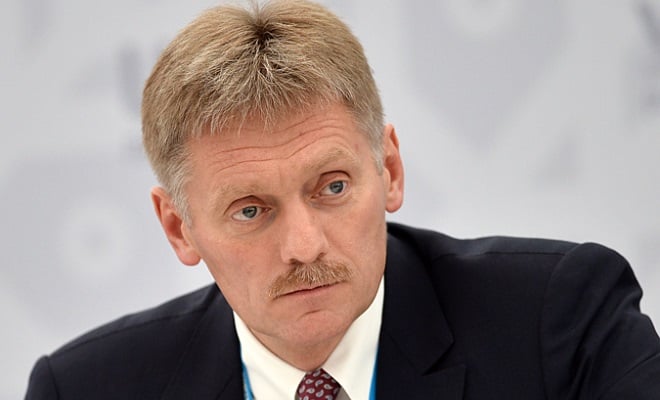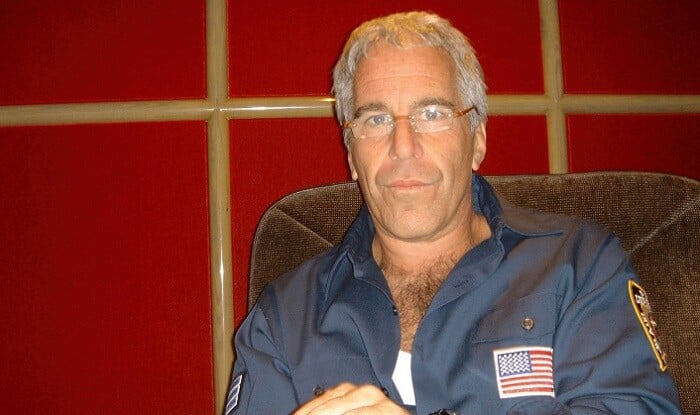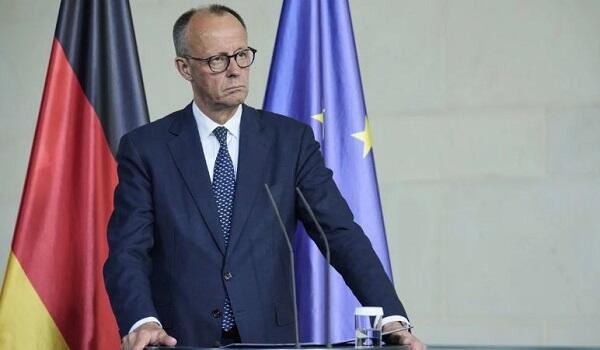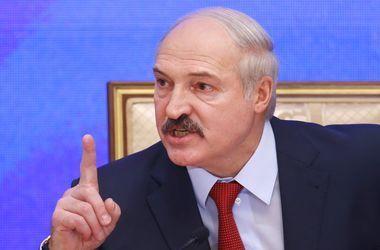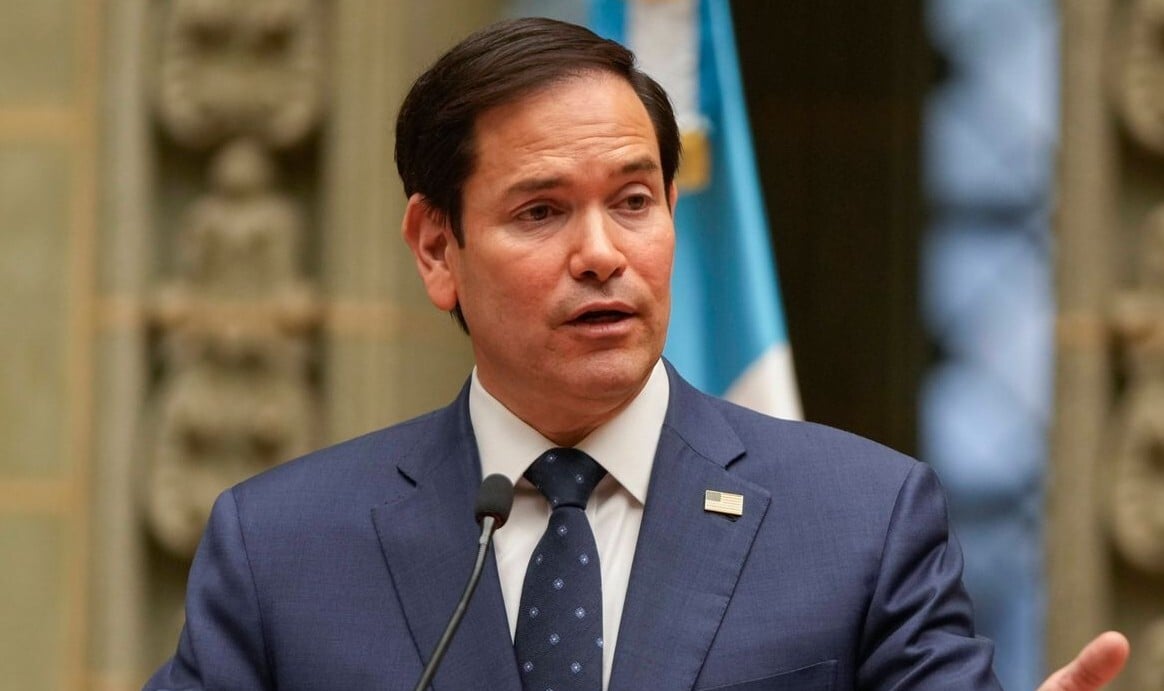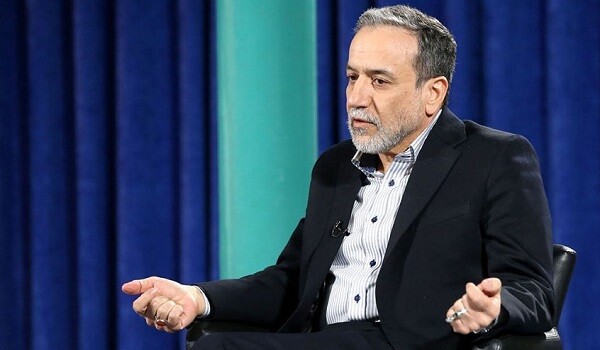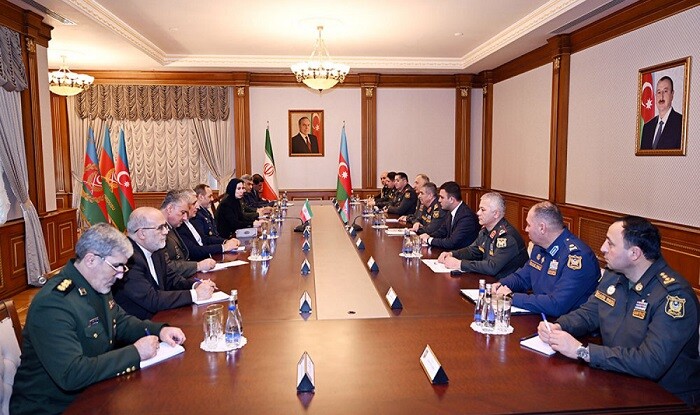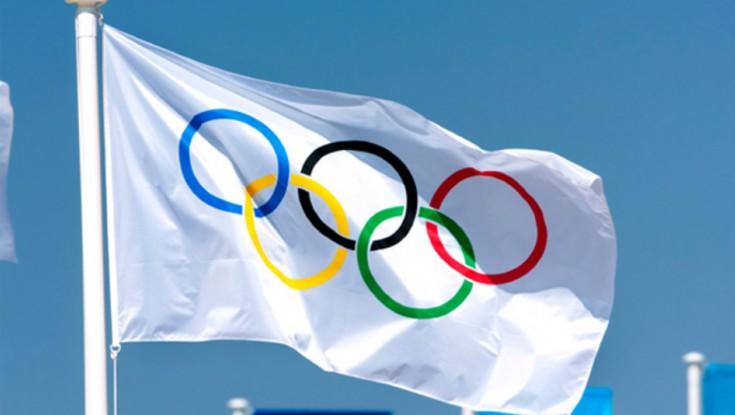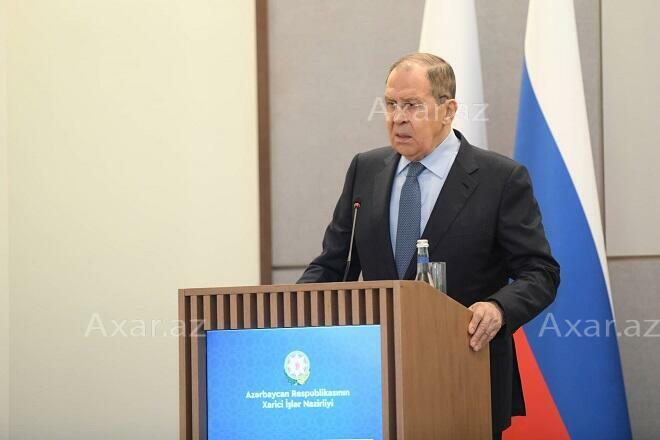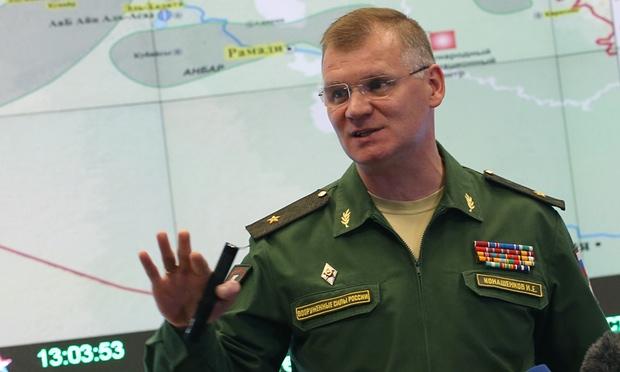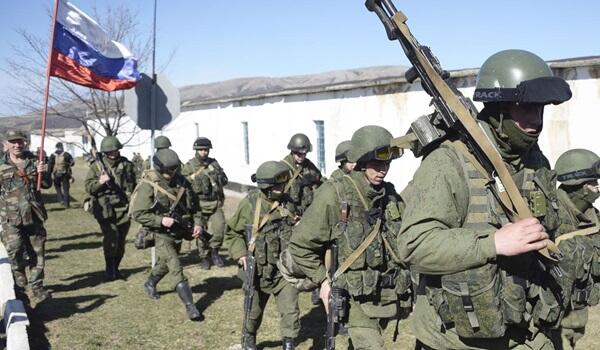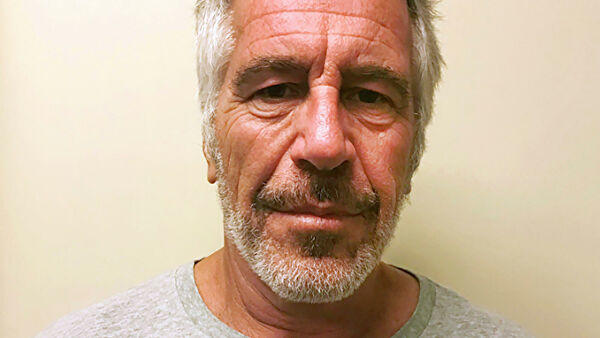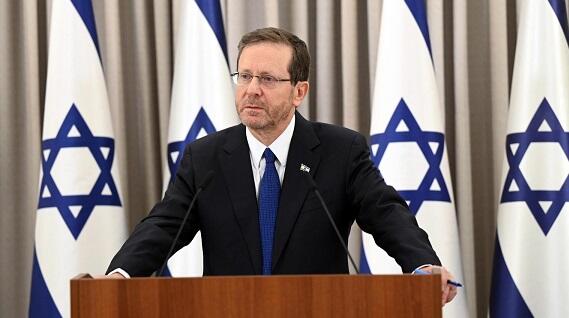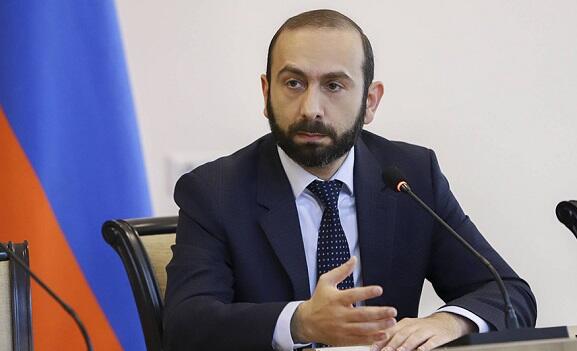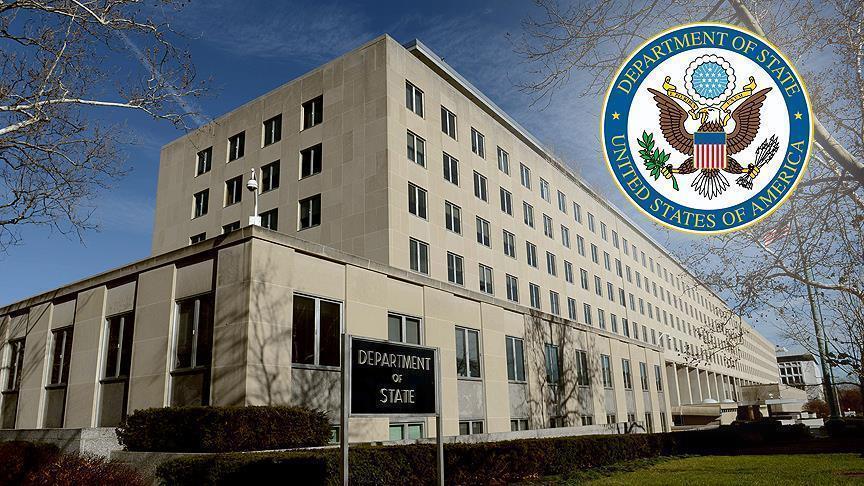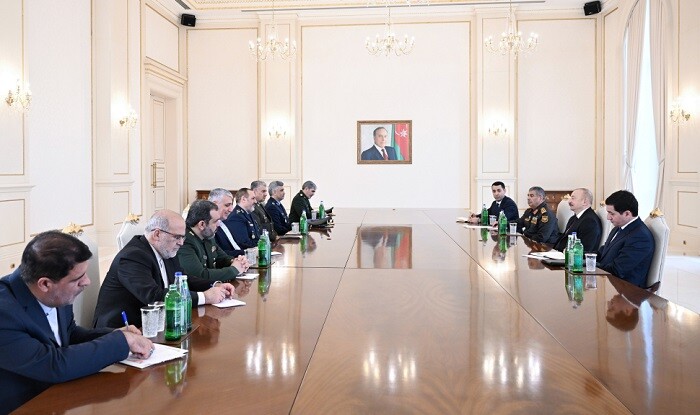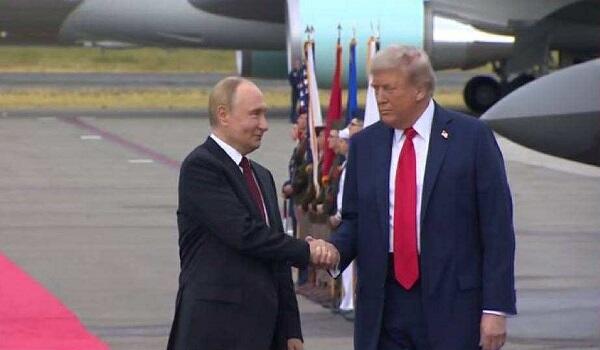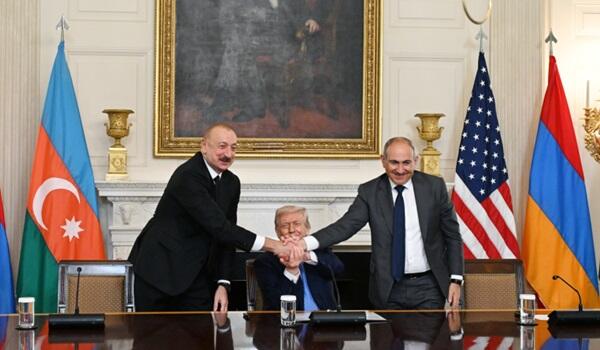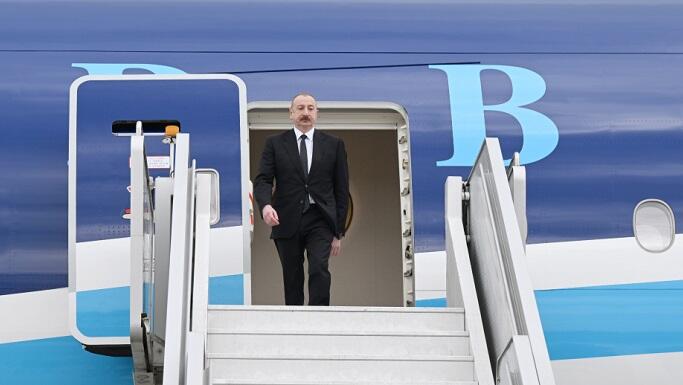Armenia's refusal to support the statements adopted at the meeting of the CIS Council of Foreign Ministers could negatively affect its reputation as a reliable partner and raise doubts about its readiness to fulfill long-term commitments.
Axar.az reports that this was stated by Grigor Balasanyan, an associate professor in the Department of International Relations and Diplomacy at Yerevan State University.
Balasanyan emphasized that the concept of security in the Eurasian space also includes economic and food security:
“In this context, Yerevan's refusal to sign the documents calls into question the appropriateness of its participation in other Eurasian initiatives, such as the BRICS summit, which is related to the Eurasian cooperation program. In this situation, two possible reasons appear: First, there are disagreements between the Prime Minister and the Foreign Minister within the Armenian leadership. Second, it is a conscious step aimed at demonstrating Armenia’s independent foreign policy toward the West and its ability to make decisions independently.”
In his opinion, the second option is more convincing:
“The decision was made under external factors, primarily pressures from the West. I do not think this decision is entirely sovereign. It is likely that Armenia was advised not to sign these documents. There are consultants who regularly come, call, write, and do everything to keep the situation under control. Their task is to prevent Yerevan from returning to Moscow's sphere of influence and to avoid any softening in Armenia-Russia relations, as this does not align with their interests. Having as few countries as possible support the document is beneficial for the West, as it allows them to maintain their influence over processes in key areas such as transportation, trade, and finance within the CIS and EAEU.”
Regarding the document on the "Unacceptability of Unilateral Sanctions in International Relations," the expert believes that Yerevan's position can actually be seen as support for Western sanctions.
"After all, the document recommends avoiding restrictions that hinder economic development. Armenia's refusal could be related to advice against deepening cooperation with Iran. Resolving logistical issues would provide Armenia with access to the Persian Gulf, which would bring significant economic benefits and strengthen ties with Iran. However, this contradicts the interests of external players like the United States, which are trying to limit Iran's influence. Considering that Armenia itself suffers from the sanctions imposed on Russia, Yerevan's position appears contradictory. The number of Russian tourists arriving in Armenia has decreased by 30% compared to last year due to the suspension of the "Mir" payment system. Armenian citizens face difficulties in cashing their funds in Russia due to the absence of a visa system. These problems do not seem to sufficiently concern Yerevan, which continues to speak about economic growth and increasing trade volume with Russia. By refusing to sign a declaration condemning unilateral sanctions, Armenia has effectively aligned itself with these restrictions without even stating that they harm its economy. The Armenian Foreign Ministry was informed in advance about the content of the documents, as such intergovernmental projects are always sent for prior approval. I am confident that these documents reached Armenia long before the trip to Moscow. They were either not read, or the pressure was so strong that they could not refuse. Both scenarios create an extremely negative impression and cast a shadow over the activities of the Armenian Foreign Ministry. If it was initially decided not to sign the documents, then their incompatibility with Armenia’s interests should have been declared in advance."
It should be noted that on October 7, Armenia refused to sign two statements adopted at the meeting of the CIS Council of Foreign Ministers: “Principles of Ensuring Security in Eurasia” and “Unacceptability of Unilateral Sanctions in International Relations.



